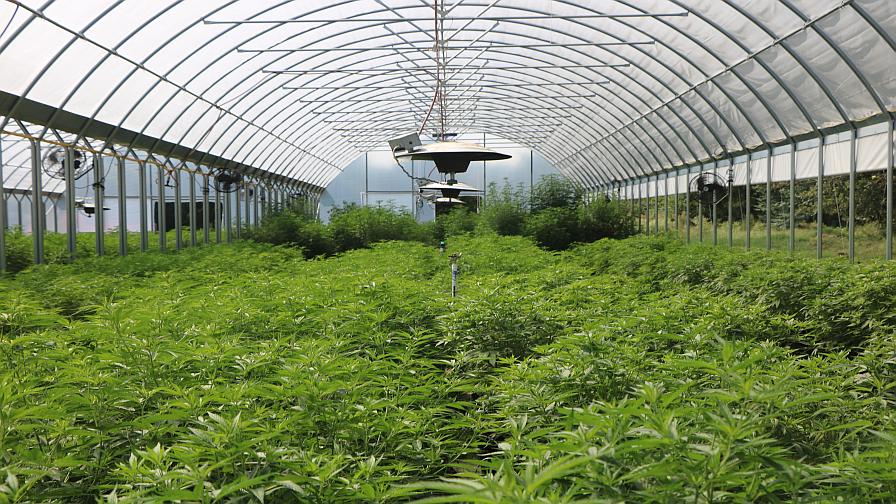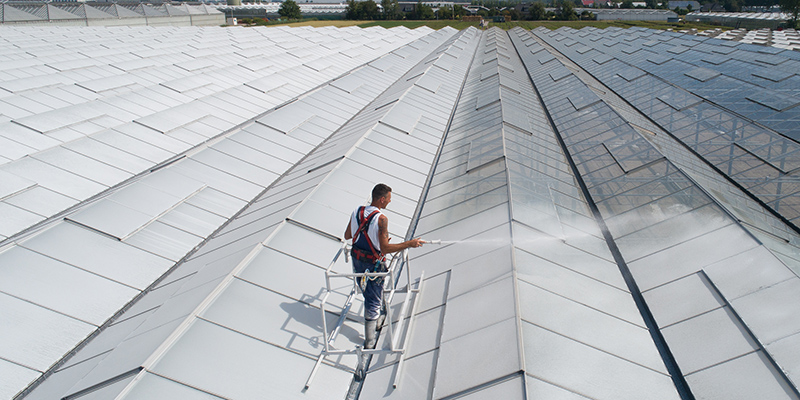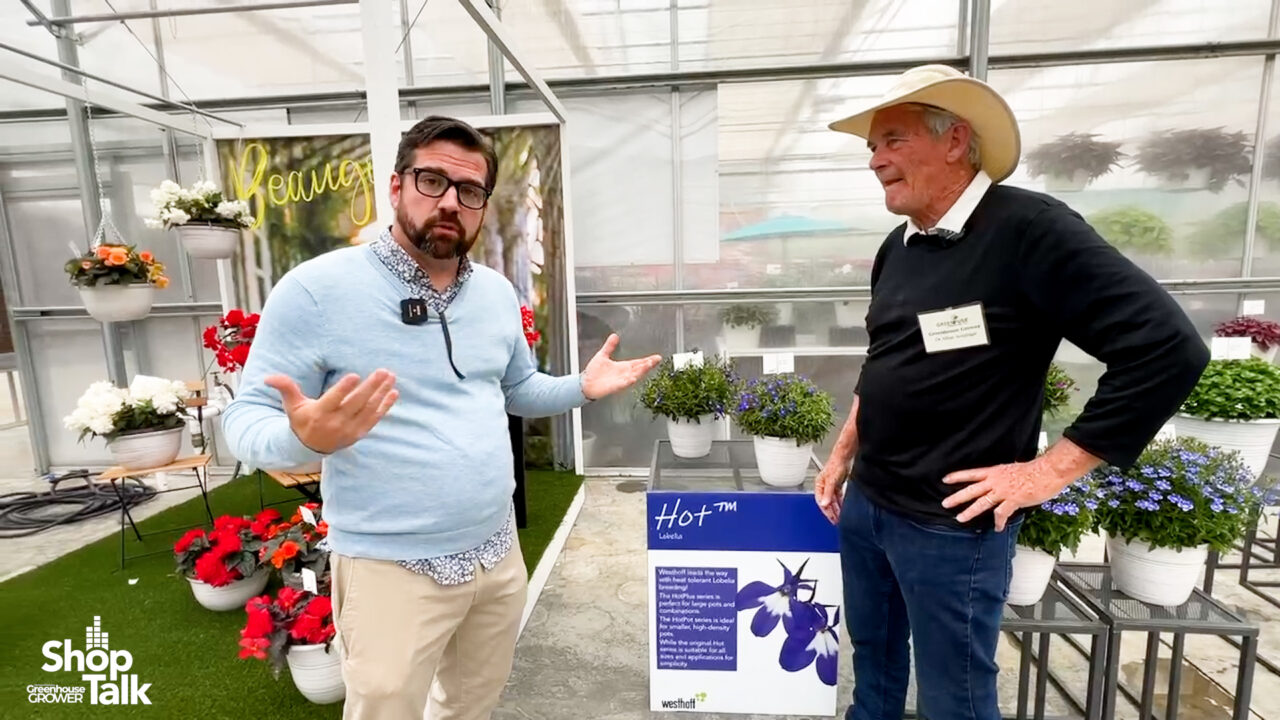Drafting Sustainability Standards
The floriculture industry was well represented on Monday’s teleconference call with the Leonardo Academy, which is setting the wheels in motion toward developing national standards for sustainable agriculture. Now is the time for our industry to speak up and get involved.
The purpose of the call was to engage stakeholders in the initiative to establish the first U.S. national standard for sustainable agriculture that will cover food, fiber, floral and energy crops. The process for creating these standards is governed by the American National Standards Institute (ANSI) and facilitated by Leonardo Academy in Madison, Wisc., which has positioned itself as "the sustainability experts."
Scientific Certification Systems (SCS) in Emeryville, Calif., also is involved and is currently implementing the VeriFlora certification program based on these draft standards. Once the final national standards are adopted, any third party accreditation entity can certify growers based on these standards and potentially use the certification for marketing purposes.
Between now and April 7, Leonardo Academy will be putting together a panel of between nine and 40 members to examine the draft standards and work toward final standards.
The goal is equal representation between:
- Producers (which would include growers)
- Users (which would include customers, such as retailers and restaurants)
- Environmentalists
- General (a catch all for academics, labor groups, consumer groups and others)
Once this panel is seated, there will be opportunities for those not on the panel to work on subcommittees but not have a vote.
The draft standard is a starting point.
The ultimate goal is to have a uniform standard intended to guide:
- Producers with internal benchmarking and improvement
- Supply chain processes to support claims through certification
- Establish a reference benchmark
The core standard covers all agricultural groups (food, fiber, floral and energy) except livestock and dairy. Specific segments have an annex or special section of standards. VeriFlora serves this purpose for cut flowers and blooming potted plants. When asked where nursery crops and trees would fit in, the answer was they will be included in the floriculture potted plant section, which will need to be modified for their inclusion.
The certification program is voluntary, not regulatory. So far, the certification recognizes two tiers of attainment—Tier 1 for a minimum standard and Tier 2, which recognizes practices above and beyond the minimum standard.
One of the top questions growers have is whether they need to convert to organic practices to be certified.
According to SCS Executive Vice President Linda Brown, the draft standard portion covering pest control states:
"The producer is required to apply least toxic pest and disease management and control systems, integrating organic practices as these are proven to be practical, with organic conversion timeframes to be determined on a per crop, per region basis. Where organic practices are not fully implementable on a practical basis, the standard establishes minimum requirements related to the use of registered pesticides and fertilizers, integrating practices that minimize the overall use of synthetic pesticides and fertilizers and that direct the producer toward use of the lowest risk pesticides."
"The operative words here are ‘practical’ and ‘per crop, per region basis,’" Brown says. "Under the VeriFlora program, SCS fully recognizes that for some crops and in some regions, organic practices may not be practical. If organic practices result in sacrificing other aspects of sustainability, then they are not practical."
The next two teleconference calls are scheduled for Jan. 7 and Feb. 4. An in-person meeting will be planned at the end of February/early March in the Washington, D.C. area. Then the meeting for the panel to hash out the standards will be around Memorial Day in either Wisconsin or Iowa.
So far, at Greenhouse Grower, our biggest concerns with the proposal are:
- Organic being the end goal. Who will determine what is practical for each crop and region? Hopefully, it will be growers.
- Growers/producers only having 25 percent say in standards they will need to live by IF a big customer like Wal-Mart (which has already embraced VeriFlora) says all growers who sell to them must be certified, especially if it’s at the Tier 2 level.
So we are concerned about the influence of environmentalist groups. We totally support growers who choose to go organic for their own reasons, especially if it’s a great business opportunity. It should be one path or option, not the path to be certified sustainable.
Related to these concerns, Brown says, "There is no requirement to achieve Tier 2. This level is strictly a recognition of practices that go beyond the basics of sustainability. It would be highly unlikely that retail customers would ask for that level of performance, so I don’t think the floriculture industry has anything to be concerned about in that regard. Finally, let me emphasize that no one stakeholder group has more interest than any other stakeholder group on the voting body. And there is no restricition to participation in the subcommittees that will do the work on the standard. All are welcome!"
As an industry, we need to make sure growers are informed and engaged in this process to make certification the valuable tool it is intended to be. This most certainly has been the case with MPS program developed by growers in Holland and adopted throughout Europe.
For your convenience, we’ve posted the presentations from Monday’s teleconference:
OFA also has created a Web page that is a home for updates and resources:









